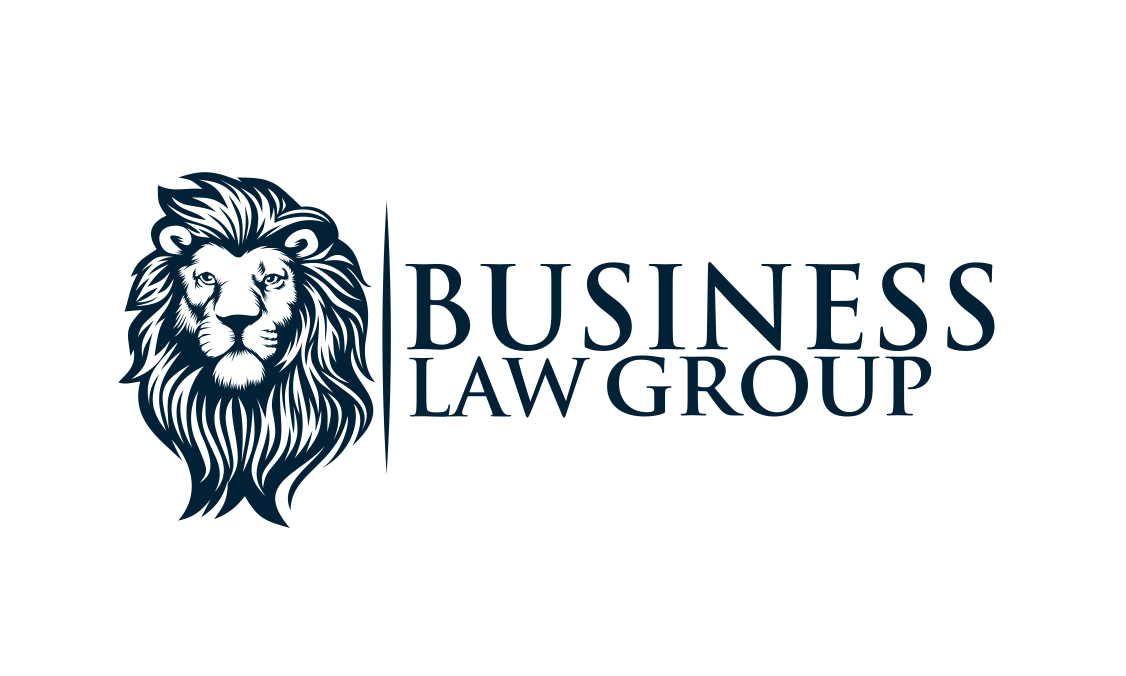
Recently in Virginia, an organization representing a group of community associations (CA) across the United States attempted to stop the Department of the Treasury from enforcing the Corporate Transparency Act (CTA) against homeowners and other community associations. The recent ruling in Community Associations Institute v. Janet Yellen confirms that Homeowners Associations (HOAs) and similar community associations must comply with the Corporate Transparency Act (CTA).
Despite the Community Association Institute arguing that CAs “are not a viable vehicle for terrorist activities or money laundering,” because they “already furnish detailed information on their board members as part of annual tax or other statutory filings,” the court denied the preliminary injunction, allowing the Department of the Treasury to enforce the CTA’s BOI reporting rules on these associations. This decision highlights the continued commitment to the CTA and its goal of increasing transparency.
5 Key Impacts in the Case:
1. Mandatory Compliance for Community Associations: With the injunction denied, community associations that meet the definition of a “reporting company” must file BOI reports. This obligation includes providing detailed information on all beneficial owners.
2. No Exemption for Nonprofit Status Outside of 501(c): Plaintiffs argued for an exemption as nonprofit entities under Section 528 of the Internal Revenue Code. The court ruled that the CTA only allows exemptions for entities specifically described under Section 501(c). Therefore, HOAs and other community associations do not qualify for automatic exemption.
3. Challenges under the First Amendment: Plaintiffs argued that the CTA compels speech and limits free association by requiring Board members to disclose personal information. However, the court found that the CTA does not compel speech or require public disclosure in a way that violates the First Amendment, deeming plaintiffs’ claims of potential resignations insufficient to prove harm to association rights.
4. Challenges under the Fourth Amendment: Plaintiffs argued that the CTA’s disclosure requirements unreasonably invade their privacy. On the Fourth Amendment claim, the court ruled that the CTA’s disclosure requirements align with constitutional precedent, as reporting requirements have long been upheld when serving legitimate government interests, such as financial crime detection.
5. Irreparable Harm Considerations: Plaintiffs argued that enforcing the CTA would cause irreparable harm by prompting mass resignations from community boards, disrupting their operations. The court found this claim to be speculative and de minimis. The court also found that requiring BOI reporting poses minimal harm to community associations, given that similar information has already been filed with the IRS.
In its decision, the court ruled that homeowners and community associations will be subject to the CTA’s BOI reporting obligations and must comply by January 1, 2025, or face substantial penalties for noncompliance. Furthermore, the court held that the plaintiffs’ claims overlooked the broader public interest the CTA serves — specifically, its role in combatting money laundering and terrorism financing.
With the filing deadline approaching, it’s crucial to act swiftly to meet CTA reporting requirements and avoid potential fines or penalties. At Business Law Group, our CTA Compliance Program is designed to relieve the pressure of filing BOI and to make compliance as seamless as possible. Contact us today to learn more about our CTA Compliance Program and ensure your company meets all regulatory requirements by January 1, 2025. Let us handle the complexities of CTA compliance, so you can focus on serving your community with confidence.


